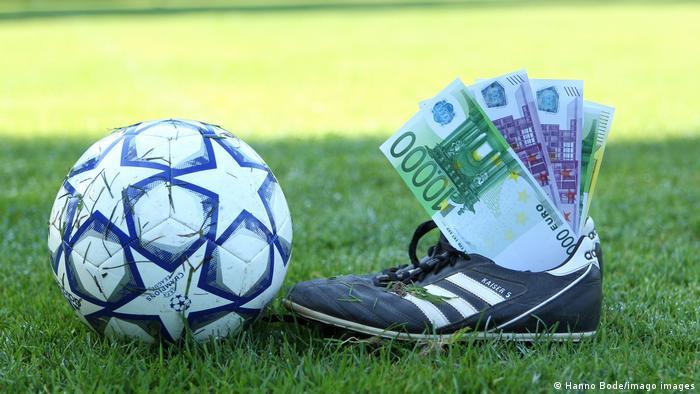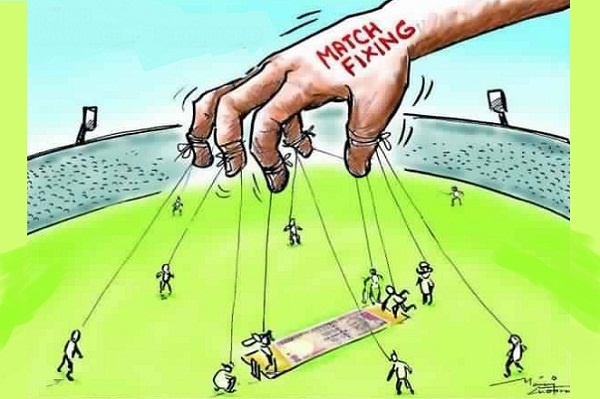The term "match-fixing" describes the practice of influencing a sporting event's result in order to profit financially. It is a sort of corruption that jeopardizes the fairness of the competition and fan confidence. Even though match-fixing has been an issue in sports for years, it has become more common as internet betting has grown in popularity.
Ways To Fix A Game
1. Players
There are several ways to fix a game. Occasionally, players purposefully lose or perform poorly to help the opposing team. In other instances, players willfully commit fouls or other offences to influence the game's outcome.
2. Referees
Referees, coaches, and other officials can also be involved in match-fixing by making biased calls or ignoring obvious violations.
Did you read this?
By making skewed decisions or failing to notice something, referees, coaches, and other officials can also be involved in match-fixing.
Forms of Match Fixing
There are numerous justifications for game manipulation. Some people use it as a way to quickly make money by placing bets on the outcomes of set games. Others view it as a tactic to sway the result of a game in favor of a particular player or team. At times, it even serves as political propaganda intended to alter public opinion.

1. Spot Fixing
Spot-fixing, in which certain events within a game are influenced for financial gain, is one of the most popular types of match-fixing. Betting on the number of corners in a soccer match, the timing of a specific event in a cricket match, or the total runs scored in a baseball game are a few examples of this. Match fixers can make money off their bets without changing the outcome of the entire game by rigging the outcome of certain key events.
2. Threats
Match fixers frequently employ a number of strategies to entice players and officials into their plans. Threats or intimidation may occasionally be used to force someone to participate. They might even bribe players or officials or promise them future benefits in exchange for their cooperation in fixing a game. To hide their actions from law authorities and employ complex networks to launder money, some match fixers even fix matches.
In recent years, the rise of online betting has made match-fixing even more lucrative for those involved. Online betting allows match fixers to place bets on games from anywhere in the world, making it easier to manipulate games across different leagues and countries. It also makes it easier to place large bets without arousing suspicion, as online betting platforms often allow users to place bets anonymously.

Combating Match Fixing
Sports associations and law enforcement authorities have implemented a number of strategies to combat match-fixing. Utilizing technology to identify unusual betting patterns has proven to be one of the most successful strategies. Officials can spot odd betting activity and conduct further investigations by studying the data from internet betting sites.
In recent years, this has resulted in the prosecution of several high-profile match-fixing instances.
Sports organizations have also put in place severe rules and sanctions for players and officials who fix games. Players and officials who are found guilty of match-fixing frequently face lifetime bans from their sport, as well as fines and potential legal action. In order to keep players and officials from falling for these schemes, sports organizations have stepped up their efforts to inform them about the risks of match-fixing.



-1740810575.png)

[1]-1740218631.jpg)






